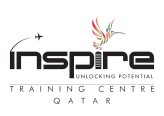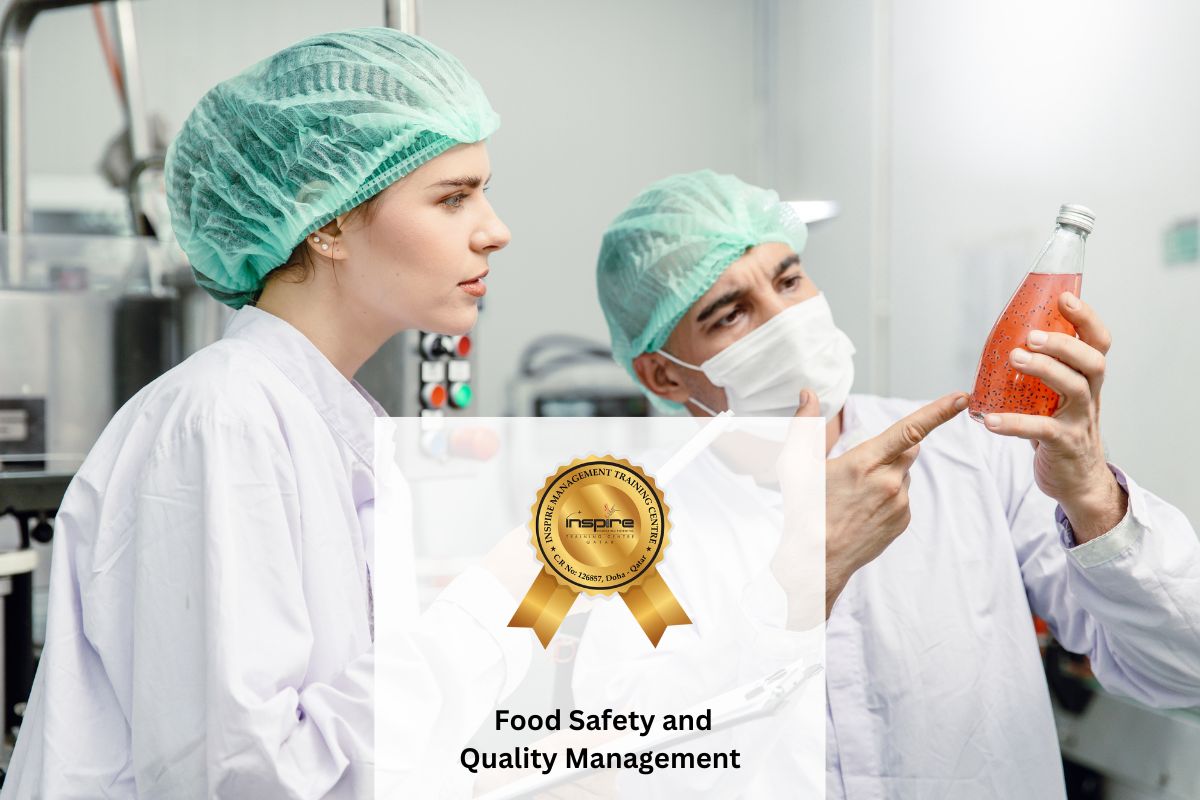Browse our shop categories to discover new arrivals and special offers.
Food Safety and Quality Management
Event Description
Overview
The Food Safety and Quality Management Training course is designed to provide professionals in the food industry with comprehensive knowledge and skills to ensure the safety and quality of food products. This course covers a wide range of topics including food safety regulations, hazard analysis, quality assurance, and management systems.
Objectives
Understand the principles and importance of food safety and quality management.
Learn to identify and control food safety hazards.
Gain knowledge of food safety laws, standards, and regulations.
Develop skills to implement and manage food safety and quality systems.
Understand the application of HACCP (Hazard Analysis and Critical Control Points).
Learn best practices for maintaining food quality throughout the supply chain.
Target Audience
This course is suitable for food industry professionals such as quality assurance managers, food safety officers, production supervisors, and anyone responsible for ensuring food safety and quality within their organization.
Course Content
Module 1: Introduction to Food Safety and Quality
Importance of food safety and quality
Overview of foodborne illnesses
Key food safety and quality management concepts
Module 2: Food Safety Regulations and Standards
International food safety standards (ISO 22000, FSSC 22000)
National food safety laws and regulations
Role of regulatory agencies
Module 3: Hazard Analysis and Risk Management
Principles of Hazard Analysis Critical Control Points (HACCP)
Identifying and analyzing food safety hazards
Risk assessment and management strategies
Module 4: Quality Management Systems
Components of a quality management system
Implementation and maintenance of quality systems
Continuous improvement techniques
Module 5: Good Manufacturing Practices (GMP)
GMP requirements and guidelines
Designing and maintaining hygienic facilities
Personnel hygiene and training
Module 6: Food Safety Culture and Leadership
Building a strong food safety culture within an organization
Leadership roles in promoting food safety
Communication and training strategies
Module 7: Auditing and Compliance
Preparing for food safety audits
Conducting internal audits
Managing non-conformities and corrective actions
Module 8: Supply Chain Management
Ensuring food safety and quality across the supply chain
Supplier quality management
Traceability and recall procedures
Module 9: Case Studies and Practical Applications
Real-world examples of food safety and quality challenges
Practical applications of course concepts
Group discussions and problem-solving exercises
Methodology
The course employs a mix of lectures, interactive discussions, case studies, and hands-on exercises. Participants will have the opportunity to engage with real-world scenarios and apply their learning in practical settings.
Duration
The course can be tailored to different schedules, typically ranging from a two-day intensive workshop to a full five-day program.
Certification
Upon successful completion of the course, participants will receive a certificate of completion, recognized by leading food safety and quality management organizations.
Prerequisites
No specific prerequisites are required, but a basic understanding of the food industry and familiarity with food safety concepts is beneficial.
This course is ideal for those looking to enhance their expertise in food safety and quality management, ensuring their organizations meet the highest standards of food safety and customer satisfaction.



